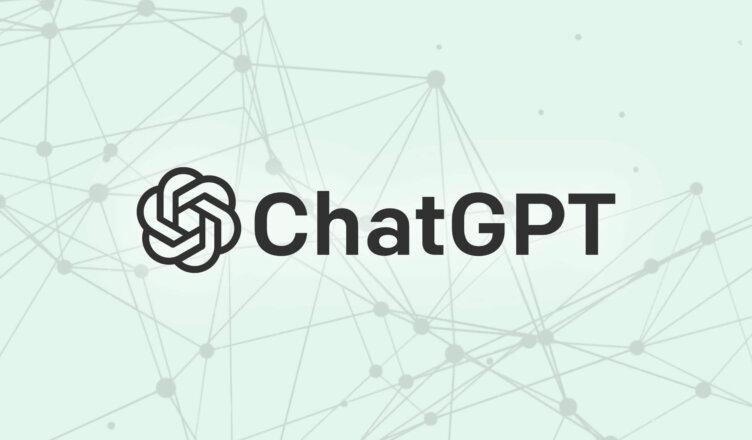
Jay Li, Grade 8

The long-awaited due date for the 1,000-word essay has finally arrived, and as you’re looking to see what other people have done for their essay, you can’t help but notice—all these essays have a similar writing style. You take a closer look at these essays only to realize why they all seem so alike: they’ve been written entirely by the artificial intelligence program ChatGPT. While you’ve been pulling multiple all-nighters trying to perfect every sentence, paragraph, and grammar issue, these students have completed the same work in just one click. You feel like you’ve put in a lot of wasted effort in your assignment. The people who’ve used ChatGPT on their assignments have all gotten As, while you, although happy with your mark, can’t help but feel sad that you’ve had to put more effort into your work than other people. But is doing this considered plagiarism? Can you be charged with academic dishonesty? How should we react to students using this tool to their advantage? And most importantly, is this cheating? All these questions will be covered in this article.
ChatGPT, released in late November 2022 by OpenAI, is an artificial intelligence chatbot that is designed to produce a non-plagiarized answer to any question. The program uses a neural network trained on a massive database that analyzes the input to create a human-like response. This AI chatbot has massively risen in popularity since it was first launched and is still growing. One of the reasons for its continuously expanding audience is how capable this chatbot is at completing certain tasks. Generating answers with an 85% accuracy, ChatGPT can do anything from writing your essays to generating code, all from a simple user prompt—the perfect tool for a student in school. Many have claimed to earn “an easy A+” just from using this tool. While this AI tool seems completely harmful to students, absolutely destroying their creativity, it can also provide helpful guidance that isn’t as destructive to your work habits as completing your whole essay for you. Many examples of this include interpreting questions and providing helpful answers, providing personalized recommendations based on learning history, and summarizing long pieces of text in an article, saving you time.
However, even if it sounds amazing that a student could use this program to receive helpful information and save time, they could easily just tell the chatbot to straight up do their work for them, which defeats the main purpose of receiving that work in the first place. The output of ChatGPT does not reflect the student’s knowledge or understanding of a topic. Any person with access to a computer and internet has access to this chatbot, which means most people at our school, Burnaby North, can and probably have used it before.
So, is using this program considered plagiarism? In short, ChatGPT isn’t necessarily plagiarism, because it produces original text, and it doesn’t contain any plagiarized content as long as the prompt it is given doesn’t tell it to do so. However, it isn’t ethical to use it anyway for your essays and assignments because ChatGPT is the one doing all the work. Moreover, according to Dataconomy Media GMBH, academics and professionals are re-evaluating the concept of plagiarism, so this may result in a different definition of the term, making AI-generated text considered plagiarism.
This chatbot also spotlights the topic of academic dishonesty and misconduct. The AI does not immediately result in academic misconduct according to the University of British Columbia, but it is up to the instructor whether to include AI tools in their coursework or to prohibit it. For teachers and staff at Burnaby North, there are many tools to recognize AI-generated text, such as GPTZero, Hello-SimpleAI ChatGPT Detector, and OpenAI GPT2 Output Detector. As obvious as it seems, this problem is mostly targeted towards instructors who teach English, where essays and writing assignments are most prevalent. A solution for these teachers could be including the tool in lessons, encouraging students to use the tool in a productive way, or keeping away from work that can be done at home, instead sticking to in-class writing assignments and essays. It all depends on how students utilize the tool. If they’re abusing it to the max, it may be best to switch to in-class assignments after a brief lecture; otherwise, it can be left as is.
As of now, ChatGPT holds over 25 million daily users. A survey by the online magazine Intelligent found 60% of college students used ChatGPT on “more than half of their assignments.” That is over half of the college students, and it is not just one assignment. Over half of their assignments! Additionally, about 1 in 4 teachers have caught a student using ChatGPT to cheat on an assignment. So, if you’re wondering if using ChatGPT to do your assignments is considered cheating, it is. You’re letting a robot do all the work for you, which is completely unethical.
To date, the overall best way to prevent students from cheating with ChatGPT is to use an AI detector such as GPTZero, and all students should be encouraged to stay away from the AI when in the context of an essay or any written assignment. Nevertheless, the controversies and opinions being discussed over ChatGPT being used in school should all note that it is considered cheating to use it in schoolwork, and that although it may not be considered plagiarism right now, some may still accuse you of it for using the tool.